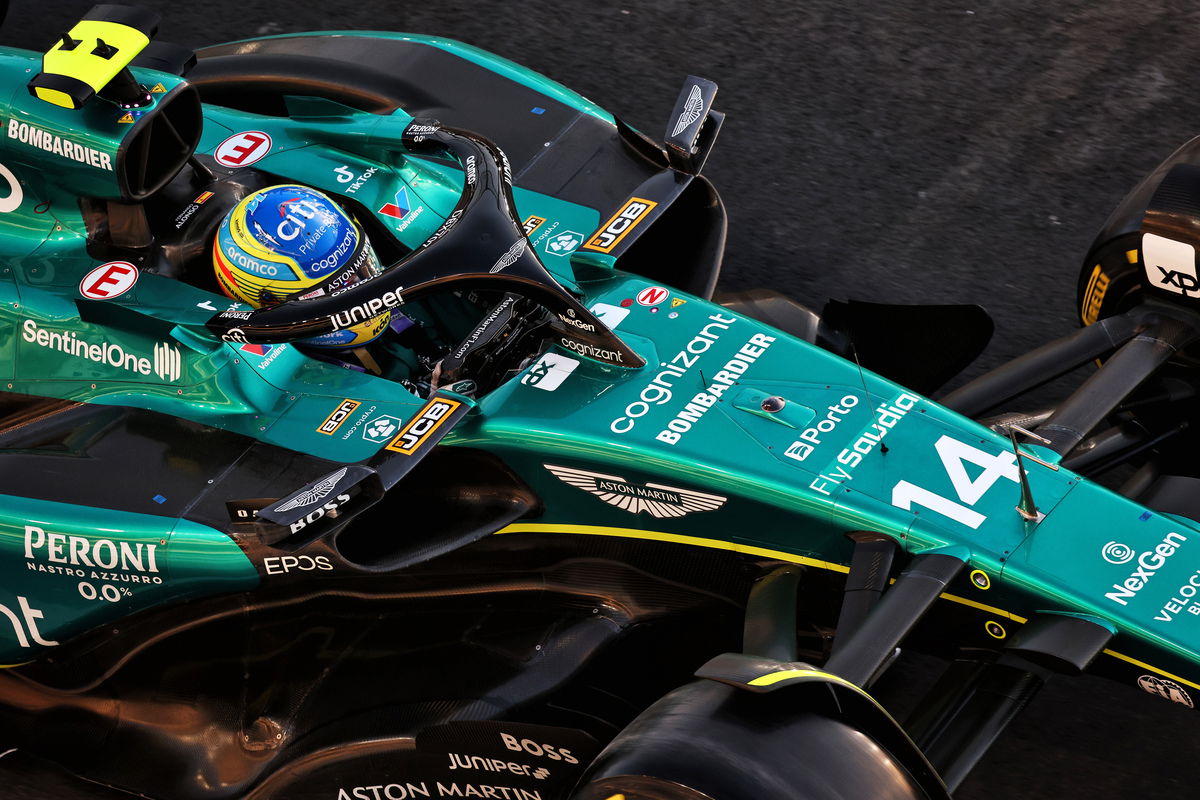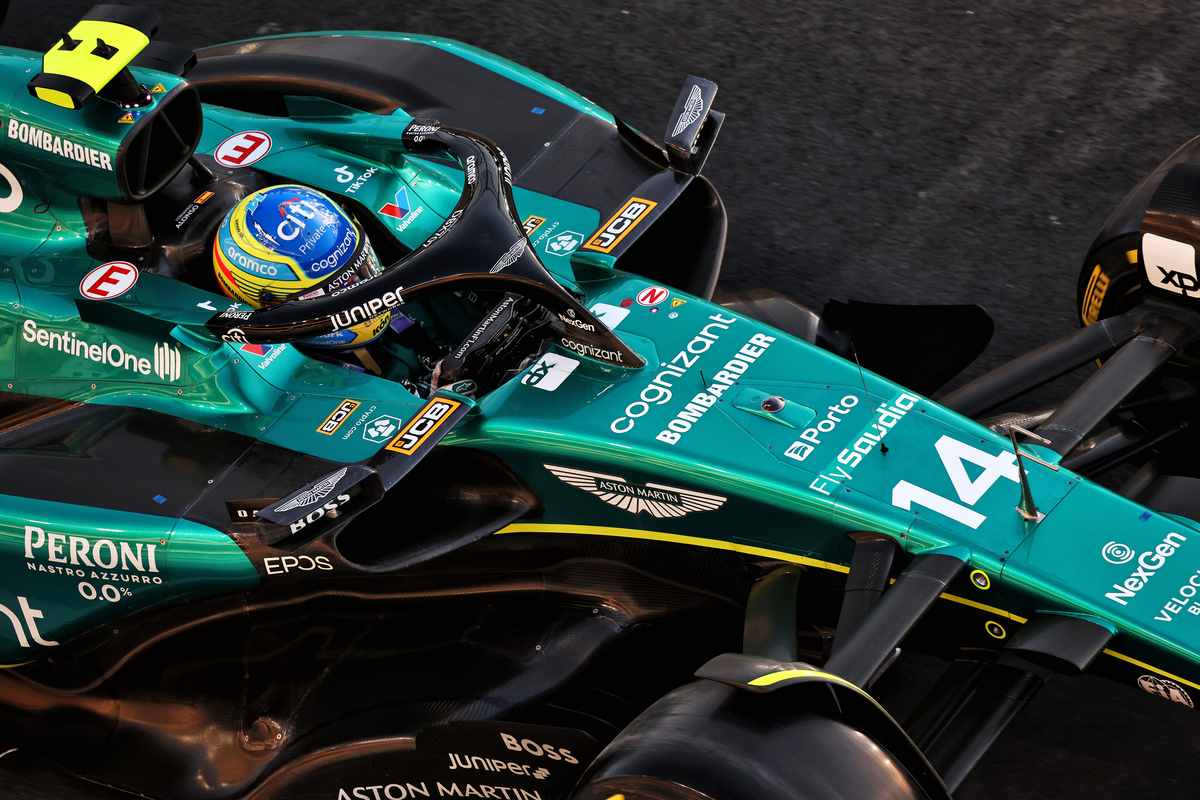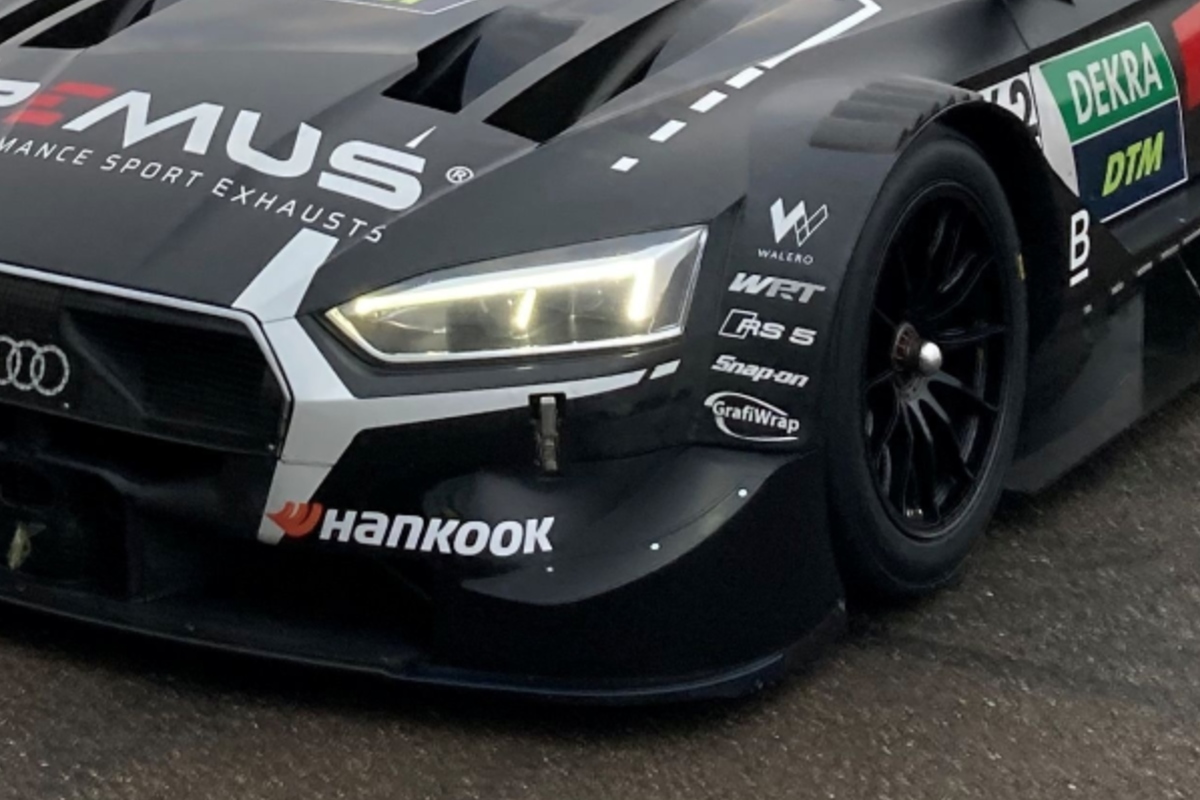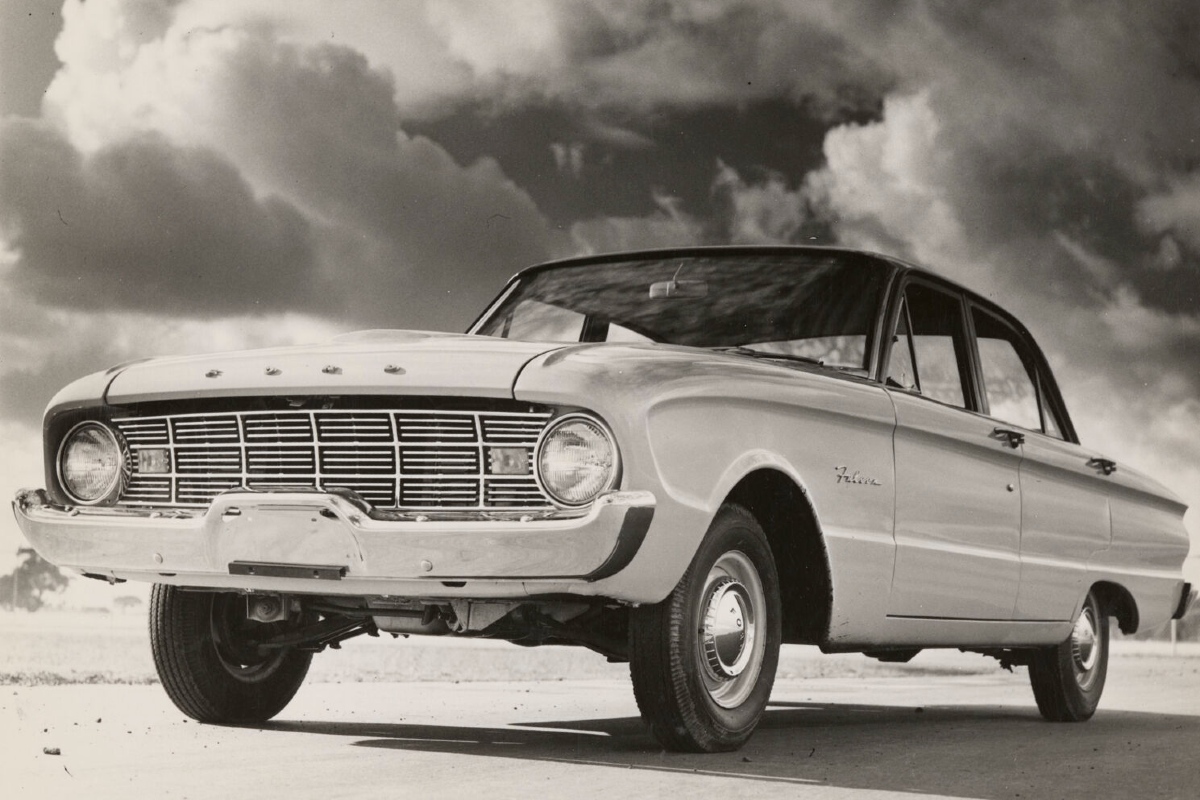

Aston Martin boss Mike Krack has suggested his team is not far away from looking at air conditioning in its cars to resolve ongoing heat issues for Fernando Alonso and Lance Stroll.
During the Qatar Grand Prix, extreme conditions saw drivers struggle to complete the distance.
Logan Sargeant was forced to retire while his Williams team-mate Alex Albon was taken to the medical centre post-race.
Stroll complained about his vision while Alonso reported that his seat was uncomfortably hot.
“I think for Lance and myself, both of us, we were struggling a little bit with temperature in the seat, on the right-hand side,” Alonso said in Lusail.
“I got like burn in the light in the first 15 laps. I even asked on the radio if they could throw in some order or something at the pit stop, which apparently is not allowed.
“We have been living with some issues but today was extreme,” he concluded.
It’s a point acknowledged by the team boss Mike Krack.
“We were working on it,” Krack said.
“It is true, Fernando reported this already a couple of times.
“It’s not that we have not done anything because we had also a step in Singapore which we thought was much, much better.
“Then obviously we have another set of extreme conditions. So I think we’re not far from air conditioning if it continues like it was.”
F1 cars do have a drinks system available, though the heat of the car usually renders it unpalatable for drivers.
However, drivers do not have any cooling aids in the car, and do not wear cool suits.
Driver comfort is a secondary consideration to performance, with weight a key issue.
“You have hydraulic lines, you have ECUs around you,” Krack said of the Aston Martin cockpit.
“They’re all heating up, and you try to isolate the seat from it but also you do not want to have any kind of active cooling because it’s just weight.”
Current-spec cars are the heaviest F1 in the sport’s history at 796kg, much of that a result of the hybrid systems used.
Hitting that number is therefore critical, with weight distribution also a key factor when it comes to performance.
The FIA has commenced an analysis into the Qatar Grand Prix given the extreme conditions in which it took place, described by Daniel Ricciardo’s former trainer as “unbelievably dangerous”.


























Discussion about this post